“We need manufacturers to develop new compliant locomotives for the UK market,” a spokesman from DB Schenker, the UK’s largest freight operator, has exclusively told RAIL.
And Maggie Simpson, executive director of the Rail Freight Group, has voiced a similar request. “The situation from January 2015 is that there is no IIIB-compliant diesel locomotive for the UK market available, aside from the Class 88. In order to resolve this, you need to design and test a new locomotive,” she told RAIL.
Simpson and DB are referring to the European Commission directive relating to Non-Road Mobile Machinery (NRMM), for which the compliance flexibility period ends on January 1 2015.
This means that all locomotives complying only with Stage IIIA emissions standards must enter the UK before that date. From January, all new locomotives across Europe must comply with Stage IIIB emissions standards.
DB explained the current problem: “The challenge faced in the longer term is that the UK gauge is smaller than Europe, so to support rail freight and help the UK Government and the European Commission meet their environmental and economic objectives, we need manufacturers to develop new compliant locomotives for the UK market, while acknowledging they may not be able to quickly recover any UK-specific development costs through volume.”
Simpson echoes this concern about rising costs: “Manufacturers are reluctant to do it without a decent order size, and of course the costs will be passed on through the rental charge. So there is a real risk of a shortfall in locomotive provision as the market grows.”
Direct Rail Services Engineering and Performance Director Tony Bush also recognises the difficulty presented by the UK gauge.
“It is clear that the development of a European gauge-compliant locomotive is a far easier undertaking than creating a UK gauge equivalent,” he said.
“The additional space required to house the exhaust management equipment in a UK locomotive will drive the need to compromise elsewhere, quite possibly in physical engine size, which flows down to lesser power output.
“That in itself can devalue a business case for new locomotives, as network capacity is a major topic within the UK rail community. Freight needs to move faster, not slower.”
This is something that affects the suitability of Class 88s.
“The diesel engine on the ‘88’ has full main line capability and can manage the same train as it would on electric power, but at a slower speed due to the lower power,” said Neil Bennett, Beacon Rail chief operating officer.
The NRMM directive for Stage IIIB compliance technically came into force in 2011. However, a flexibility period has been allowed until the end of this year - during this time up to 26 locomotives meeting only the previous compliance stage (IIIA) can be placed on the market from any one manufacturer.
GB Railfreight’s order of 21 Class 66s from Electro-Motive Diesel, Colas Rail’s order of ten Class 70s from GE Transportation, and Direct Rail Services’ order of 25 Class 68s from Vossloh (via Beacon Rail) have or are being delivered during this flexibility period.
See feature, pages 58-63.

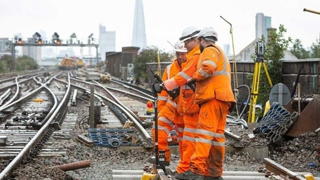
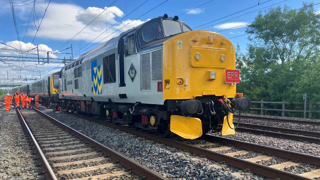
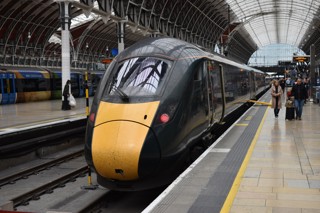
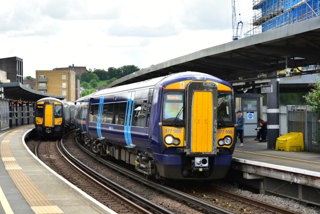
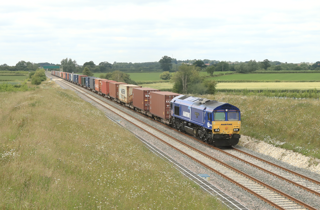










Login to comment
Comments
No comments have been made yet.